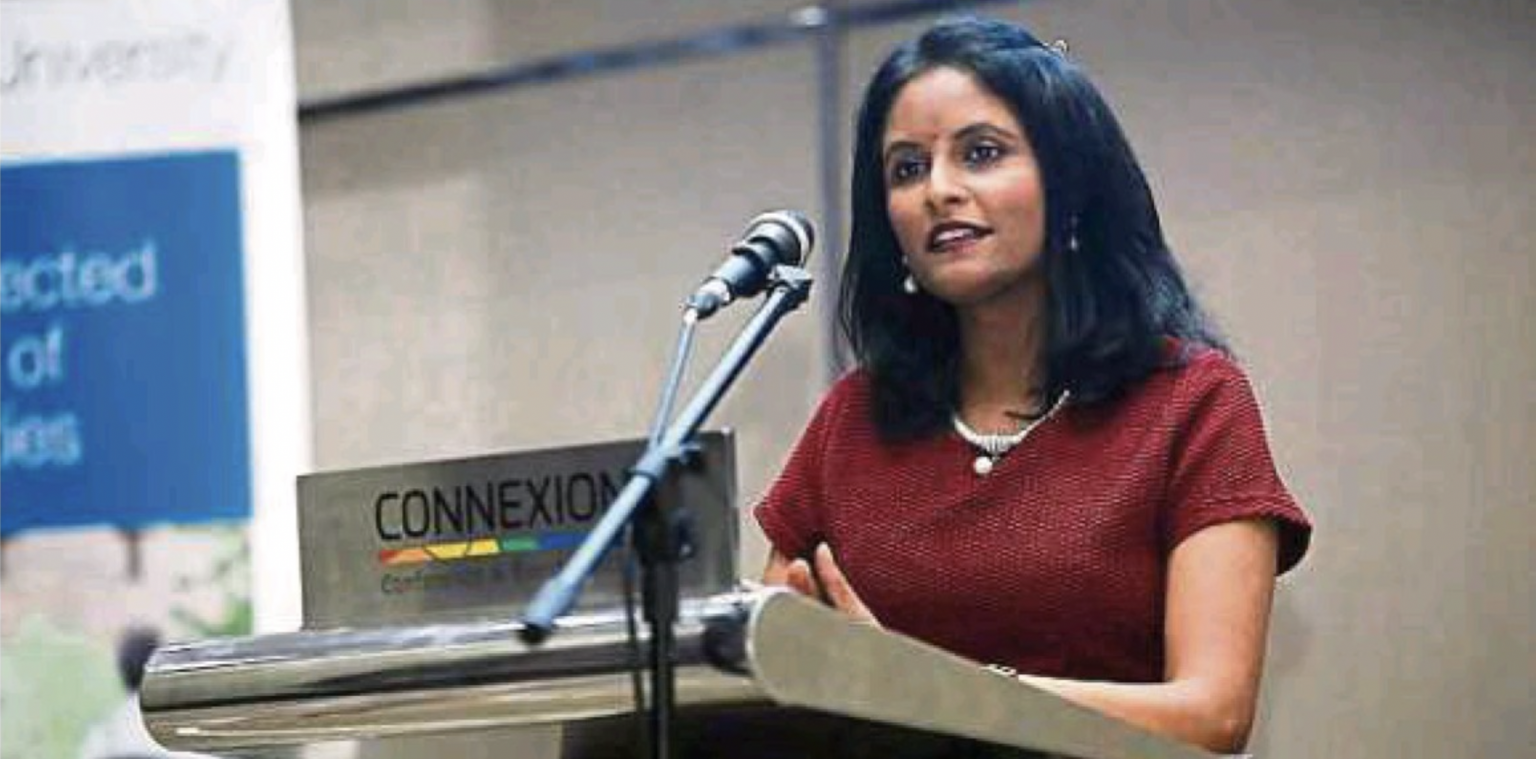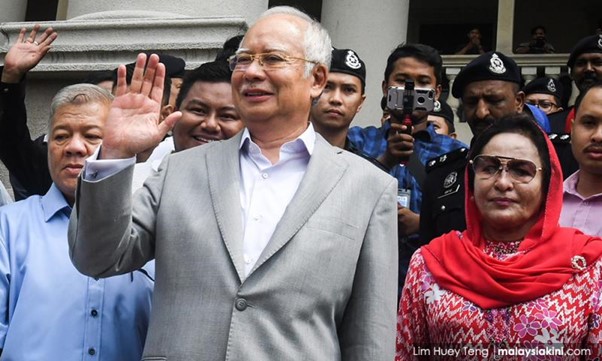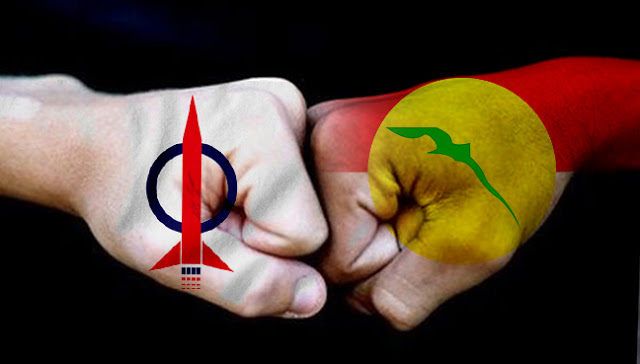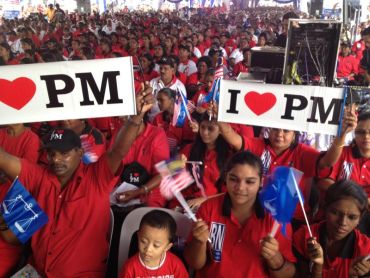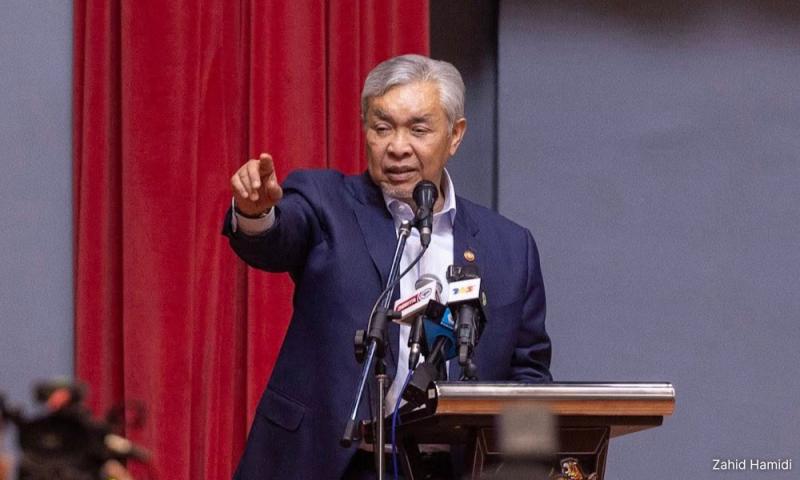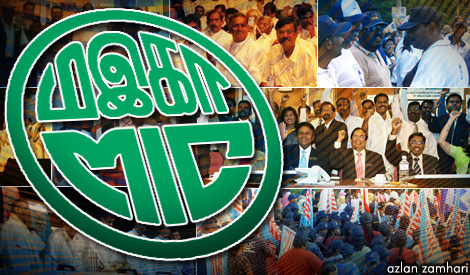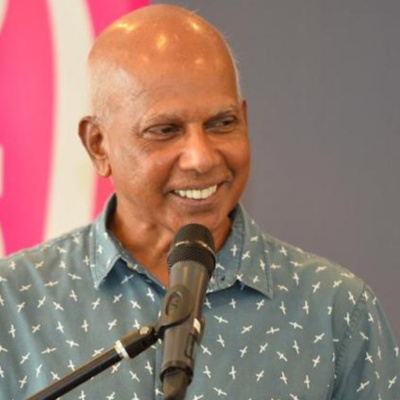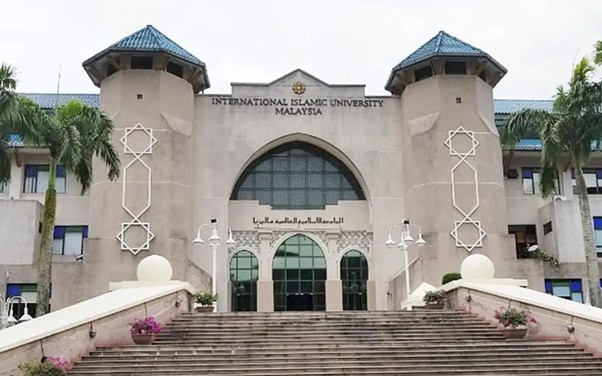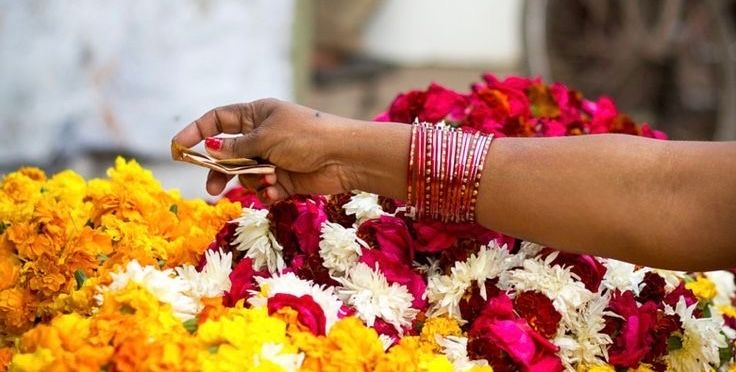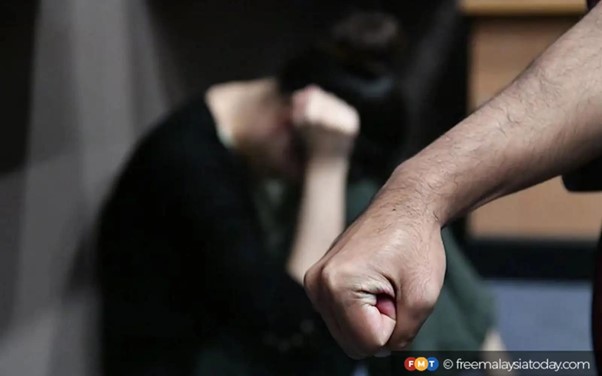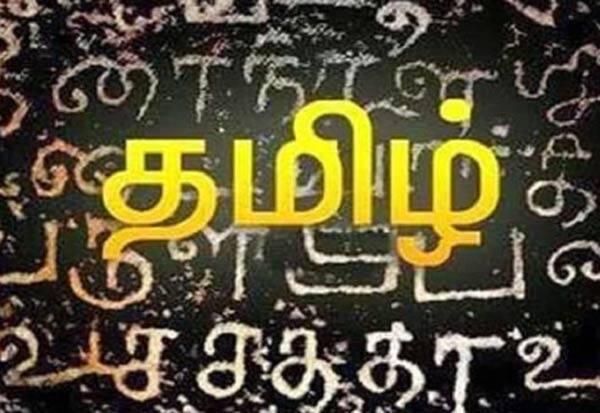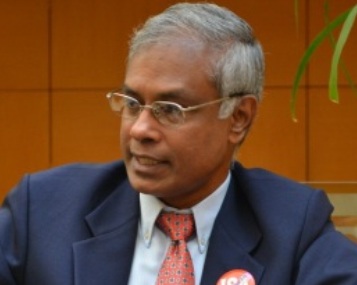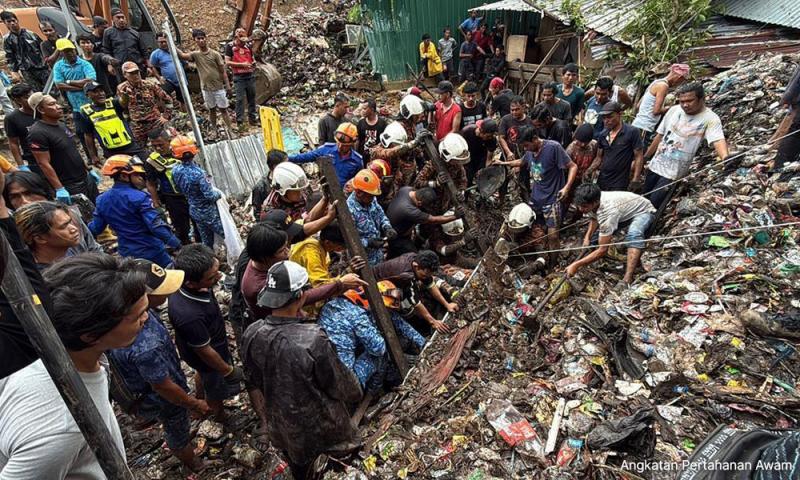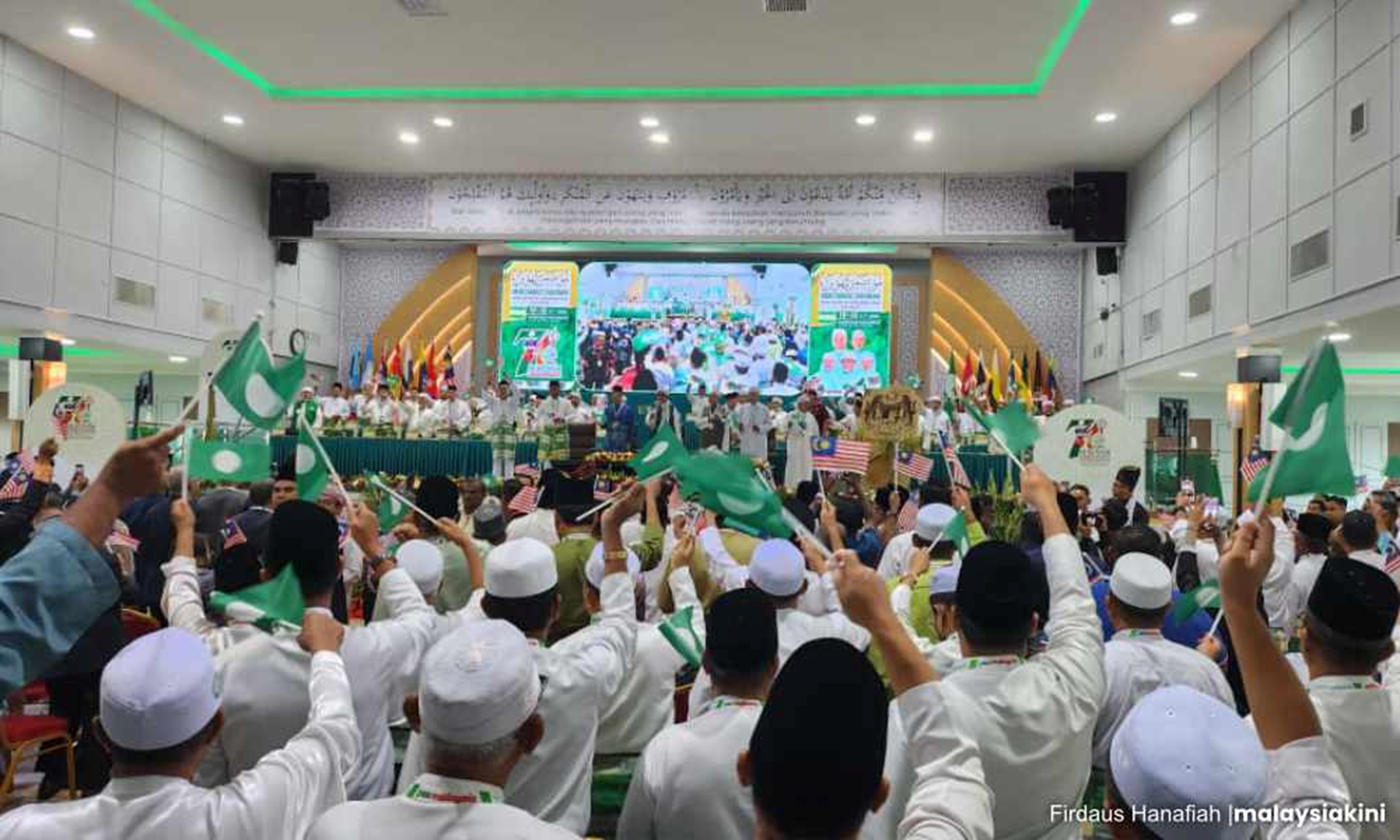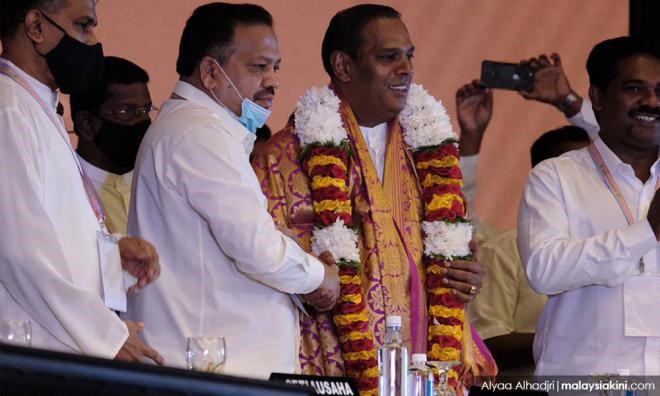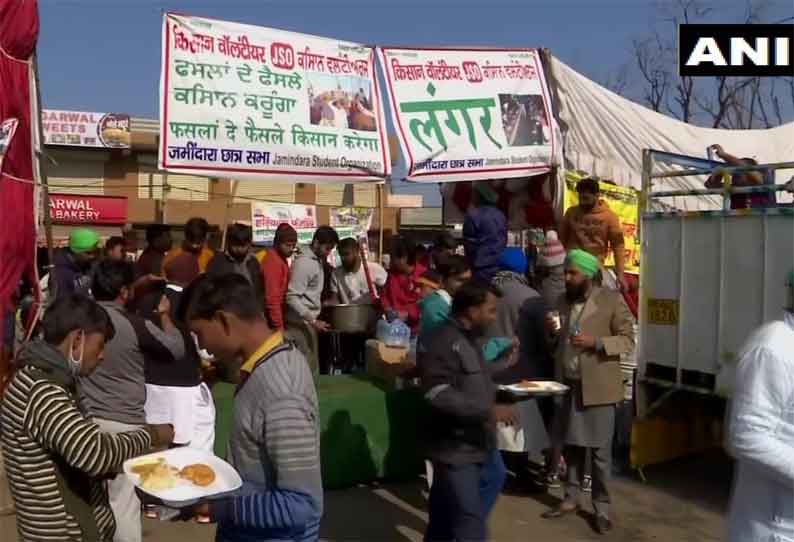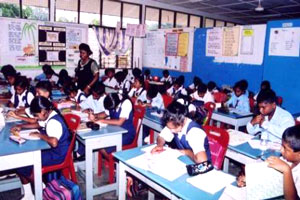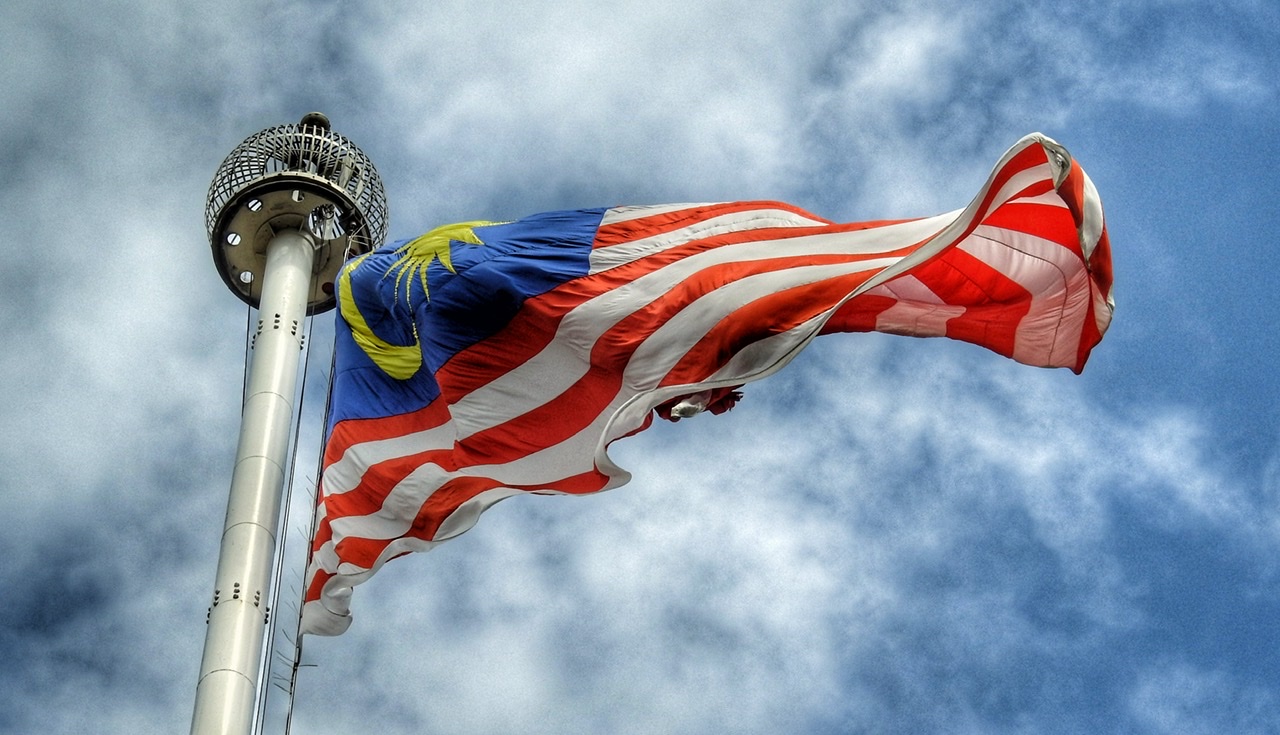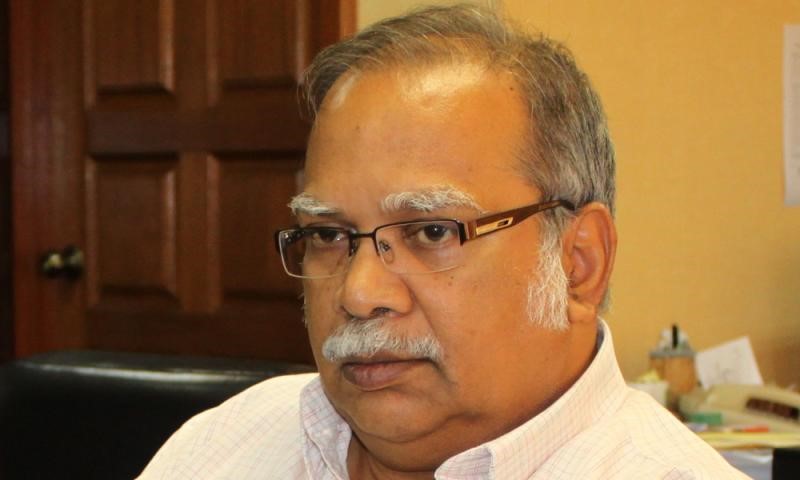-Lim Teck Ghee, October 6, 2016.
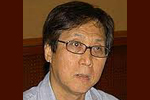 Malaysians are waking up to the fact that UMNO’s hegemonic hold over power – now reinforced by the passing of the National Security Council Act which further concentrates power in the hands of the Prime Minister – effectively the president of UMNO – has been detrimental to our democratic system. It has also had adverse impact on the multi-racial and multi-religious character of our country and held back our socio-economic development.
Malaysians are waking up to the fact that UMNO’s hegemonic hold over power – now reinforced by the passing of the National Security Council Act which further concentrates power in the hands of the Prime Minister – effectively the president of UMNO – has been detrimental to our democratic system. It has also had adverse impact on the multi-racial and multi-religious character of our country and held back our socio-economic development.
Before the rakyat can break UMNO’s hegemonic grip over the country, it is important to understand how and why this has come about.
Basically UMNO’s hegemony, and with it a virtual monopoly of power at the federal parliamentary level through the Barisan Nasional coalition which it dominates since 1957 – comes from diverse sources.
These sources include:
1.Use of Authoritarian Legislation
Our constitutional rights include the right to personal freedom, freedom of thought, conscience and religion; freedom of peaceful assembly; freedom of expression and information; freedom of association; and equality before the law without discrimination.
Various articles of the Federal constitution provide a sound basis for these basic freedoms and liberties. However, these provisions have been considerably weakened especially by emergency and anti-democratic laws, including the latest National Security Act, (NSA) enacted purportedly to deal with new security threats. Many of these laws go back a long time and partially explain why efforts by the opposition party and other dissidents have been beaten back. The repressive laws include:
• Internal Security Act 1960.
This preventive detention law has been repeatedly used against political opponents of UMNO and to control public life and civil society. More than 10,000 people have been arrested under the ISA according to government figures.
Since then repealed, its has now been replaced by the less repressive but equally odious Security Offences (Special Measures) Act 2012.
• Public Order (Preservation) Act 1958.
Under the Public Order (Preservation) Act 1958, the relevant Minister may temporarily declare any area where public order is seriously disturbed or threatened to be a “proclaimed area” for a period of up to one month. The Police has extensive powers under the Act to maintain public order in proclaimed areas. These include the power to close roads, erect barriers, impose curfews, and to prohibit or regulate processions, meetings or assemblies of five persons or more.
• Peaceful Assembly Act 2012
The Peaceful Assembly Act gives citizens limited right to organise and participate in peaceful assemblies subject to the restrictions under the Act. Under the law, citizens are allowed to hold assemblies, which includes processions (see the definition of “assembly” and “place of assembly” in section 3 of the Act), upon giving 10 days notice to the police (section 9(1) of the Act). Street protests, which consist of “mass” marches or rallies, are not permitted (See section 4(1)(c) of the Act).
Both POPPA and PAA have been used to control the freedom of assembly in favour of UMNO and its support groups such as the Red Shirts who are generally left undisturbed in their protest assemblies while discriminating against assemblies or rallies organized by the opposition or what are seen by the government to be anti-BN elements.
To curb UMNO’s hegemony, it is necessary to rescind various constitutional amendments that have effectively abrogated other constitutionally protected fundamental freedoms and rights. Such action is necessary for the restoration of our democratic rights and freedoms and the breaking up of UMNO’s and BN’s hegemonic rule.
There is also a need to make the government conform to international standards through the ratification of United Nation-related principles of human rights and basic freedoms such as the International Covenant of Civil and Political Rights, the International Covenant of Economic, Social and Cultural Rights and the Convention on the Elimination of Torture, and Other Cruel, Inhuman and Degrading Treatment or Punishment and other similar covenants.
• National Security Council Act 2016
This latest authoritarian piece of legislation provides for the establishment of a the National Security Council, chaired by the Prime Minister, to declare “security zones”. This will give authorities the right to search or arrest without warrant any individual “found committing, alleged to have committed, or reasonably suspected of having committed any offence under written laws in the security area
Although the new law has not yet been invoked, critics within the country as well as human rights organizations outside such as Amnesty International fear that the new law empowers the Malaysian authorities to trample over human rights and act with impunity by providing the power to carry out warrantless arrests, search and seize property, and impose curfews at will.
According to Amnesty International’s Deputy Director for South East Asia and the Pacific, “With this new law, the government now has spurned checks and assumed potentially abusive powers” (https://www.amnesty.org/en/latest/news/2016/08/malaysia-national-security-act-abusive-powers/)
2. Electoral Gerrymandering
Leading political scientists have noted that in Malaysia, at both national and state levels, the manipulation of electoral boundaries; the great disparity of voter numbers among the constituencies, use of the governmental machinery in support of UMNO and BN candidates; the incidence of phantom, postal and absentee voters; and various other irregularities and unethical practices have debased the credibility and legitimacy of the electoral process. These handicaps against the opposition have also strengthened UMNO’s and BN’s hegemonic power by distorting electoral outcomes.
The Electoral Commission is the key stake player in ensuring free and fair elections. The beginning of the end of the Electoral Commission’s independence took place in 1962 with the Constitution (Amendment) Act. According to a leading constitutional law, Profesor H. E. Groves, cited by Lim Hong Hai in his article, Electoral Politics in Malaysia: ‘Managing’ Elections in a Plural Society ( see http://library.fes.de/pdf-files/iez/01361005.pdf)
It is apparent that the new amendments as to elections converted a formerly independent Election Commission, whose decisions became law and whose members enjoyed permanent tenure, into an advisory body of men of no certain tenure whose terms of office, except for remuneration, are subject to the whims of parliament. The vital power of determining the size of constituencies as well as their boundaries is now taken from a Commission, which the constitution-makers had apparently wished, by tenure and status, to make independent and disinterested, and has been made completely political by giving this power to a transient majority of parliament, whose temptations to gerrymander districts and manipulate the varying numerical possibilities between “rural” and “urban” constituencies for political advantage is manifest.
To ensure that the electoral system is fair, the following reforms need to be undertaken:
• Uphold the principle of “one person one vote”, by restricting the disparity in constituency sizes and prohibiting gerrymandering; and introducing the elements of Proportional Representation (PR) into the electoral system.
• Adherence to the principle of administrative neutrality, by barring ruling parties from buying votes through development pledges and misusing public service facilities and apparatus for electioneering purposes.
• Ensuring free and fair access to mass media by all parties.
• Elimination of polling irregularities by cleaning up the electoral roll, abolishing domestic postal voting and employing indelible ink.
Finally, to protect the integrity of the electoral system and process, the 1962 amendment to the Constitution which abrogated the Electoral Commission’s right to enforce fair delineation of constituencies should be repealed. At the same time, the Electoral Commission should be granted full power to enforce its decision and should be made free from any form of political pressure or influence.
It is symptomatic of how subservient the EC is to UMNO when its previous Chairman is able to openly assert that his experience and knowledge in the EC can help the majority race keep power on the occasion of his joining the Malay rights group Perkasa in 2014. According to Abdul Rashid, he needs to champion Malay rights and ensure they remain [dominant] in the scheme of things after the next general election (http://www.tindakmalaysia.com/archive/index.php/t-7259.html)
3. Electoral Malapportionment at the National Level
At the last GE, BN polled 5,237,699 votes, or 47.4% of the vote. The opposition PR polled 5,623,984 votes, or 50.9% of the vote. However, the BN won the election with 133 seats against the opposition’s 89. The PR increased their vote by 2.9%, while the BN vote fell by 3.9%, yet the PR made a net gain of only 7 seats. This outcome did not happen by accident but by deliberate design and manipulation.
Firstly, Sabah and Sarawak have become UMNO’s fixed deposit states with a greatly disproportionate number of seats allocated to them compared to the West Malaysian states. According to a recent study, they have 22 more seats than their proportion of enrolled voters entitles them to. The opposition must win over the two states to break UMNO’s power hegemony over the entire country.
Secondly, UMNO’s and BN’s strength lies in the rural states of West Malaysia, and in Sabah and Sarawak. To protect this, UMNO and its partners in Sabah and Sarawak will always put the urban and non-Malay vote on the sacrificial table.
According to the author of a recent study on how UMNO/BN has been able to win the last GE:
The key fact about the Malaysian electoral system is that it is designed to preserve the power of the Malay Muslim population over all other racial and religious groups, and within that population, to ensure the dominance of the main Malay party, UMNO. Since only 54% of the population are Malay Muslims, and since not all of them vote for UMNO, this requires rigging the electoral system to ensure UMNO’s continued dominance. UMNO supremacy is also safeguarded by an alliance with small parties representing the Chinese and Indian communities (MCA and MIC respectively) in the National Front (BN) coalition. (Adam Carr, How They Stole the Malaysian Election)
4. Elimination of Local Government Elections
Local government forms the underpinning of democratic values and public accountability at the grassroots. On March 2, 1965, local government elections in the nation were suspended with the promise of its restoration “the very moment peace is declared and the emergency regulations are withdrawn”. This promise has yet to be honored. Today, the need for reform to the present unelected form of local government is urgent in the wake of the systemic wastage, mismanagement and corruption found in many local councils where UMNO and its BN allies wield power.
The reintroduction of local elections, which can be done by either the Federal Government or individual state governments under Article 113(4) of the Federal Constitution can help fragment and reduce UMNO and BN hegemony though it may not completely overcome this power concentration.
5. UMNO’s Corruption and Patronage Machine
One of the key sources as well as outcomes of UMNO’s hegemonic rule has been the cancerous growth of corruption and patronage which have come with the party’s growing tentacles in the business world and civil service sector.
In fact, the twin scandals of 1MDB and the massive donation in the Prime Minister’s personal bank account presently in the news are the latest in a long line of power abuses which have cost the taxpayer billions of ringgit while lining the pockets of UMNO’s leaders and their cronies. Various mega projects such as the commission for Scorpene submarine purchase, Eurocopter deal, the National Palace project, and others together with the cost of bailing out GLCs, starting with Bank Bumiputra in 1970 and continuing with the bailing out of Proton and MAS have cost us hundreds of billion ringgit. These instances of mega financial disasters and associated questionable or corrupt practices go all the way back to the 1960’s. They are continuing today.
The other side of the corruption and power abuse coin which has enriched the select elite in UMNO/BN and their proxies in the business world, civil service and other key strata of Malaysian society is the nation-wide patronage machine or gravy train which UMNO has come to represent. Through its control of the civil service countless material and non-material benefits have been doled out to UMNO’s leaders and supporters at the grassroots.
According to Tawfik Ismail, the son of the late Tun Dr Ismail Abdul Rahman who served as deputy prime minister under Tun Abdul Razak Hussein, in an interview with the now shut down The Malaysian Insider, “Umno has now become an unparalleled patronage machine that has Malay nationalism as a veneer” (https://dinmerican.wordpress.com/2015/12/07/umno-patronage-money-dispensing-machine-for-malay-elites/)
In his words, “Even at the lowest level: the branch, the branch head will more likely than not, be appointed to the government position of ketua kampung (village head). The head of the Women wing will be appointed the head of Kemas (Community Development under the Ministry of Rural Development), the Youth head will be appointed the head of the Biro Tatanegara (Civics Bureau).
If this system is sustained, Umno becomes impregnable.”
Tawfik also noted that “Umno and the government have become so fused together, it is impossible to see where the party’s responsibilities end and the government’s function begins.”
How to dismantle this huge patronage machine and ensure that our civil service is neutral, serves all Malaysians fairly, and is above politics is probably the biggest obstacle to breaking UMNO’s hegemony.
With a Prime Minister whose motto is “cash is king”; the current makeup of UMNO’s leadership where the division heads are primarily businessmen or aspiring businessmen, and money politics is the passport to upward mobility; and a civil service in which the top strata is almost entirely dominated by Malays, dismantling of the patronage machine is an impossibility unless it is undertaken by a new clean and reformist government.
Conclusion: Taking the fight to UMNO
The only way to break down UMNO’s hegemonic hold over the country – which has extended beyond the political sphere to cover all aspects of culture, economy and society – is to fight it everywhere where it is found – and not only in the key sources identified above, and in the voting booth during election time.
Minimum proactive actions include those specific reforms outlined above.
At the same time we should speak out and call for the removal or neutralizing of those institutions and individuals guilty of sowing and escalating racial and religious distrust and antagonism, in particular that emanating from the ruling circles and the bureaucracy, especially from UMNO ranks and the official print and electronic media, particularly Utusan Malaysia and TV3.
Such sentiments are clearly being propagated to brainwash the rakyat and strengthen UMNO’s hold over the Malay masses so that it can continue in power indefinitely.
Leaders of the other Barisan Nasional component parties who have been silent, indifferent or impotent towards UMNO’s hegemony and the escalation of the hate politics of race and religion must find their voices and put pressure on UMNO from within BN. Other key stake players such as PAS and Malay Muslim NGOs must be more active in influencing Islamic elements towards more progressive positions that can counter the hegemonic policies and politics of racial envy and hate propagated by UMNO.
Failure to respond to UMNO’s hegemony will see the country’s resources frittered away by the dominant BN party’s leadership or hijacked by their cronies with political strings to UMNO and its partners. We could also see racial tensions and divisions escalate towards a breaking point, with the minorities very much on the defensive and the authorities unwilling to protect the minority. UMNO’s hegemony has already led to hardened and polarized positions on all sides, setting the stage for instability and social strife.
References
- Lim Teck Ghee, “May 13: Navigating our ethnic co-existence” in http://www.cpiasia.net/v3/?option=com_content&view=category&layout=blog&id=141&Itemid=168&limitstart=25&fontstyle=f-smaller
- “UMNO General Assembly: Beating the drums for another May 13” in http://blog.limkitsiang.com/2011/12/06/umno-general-assembly-beating-the-drums-for-another-may-13/
- “Spewing a poisonous brew on the Chinese ‘Lack of Multiracial Spirit’” in http://www.malaysia-today.net/spewing-a-poisonous-brew-on-the-chinese-lack-of-multiracial-spirit/
- “Can Malaysia step back from the brink” in http://www.themalaymailonline.com/what-you-think/article/can-malaysia-step-back-from-the-brink-lim-teck-ghee


